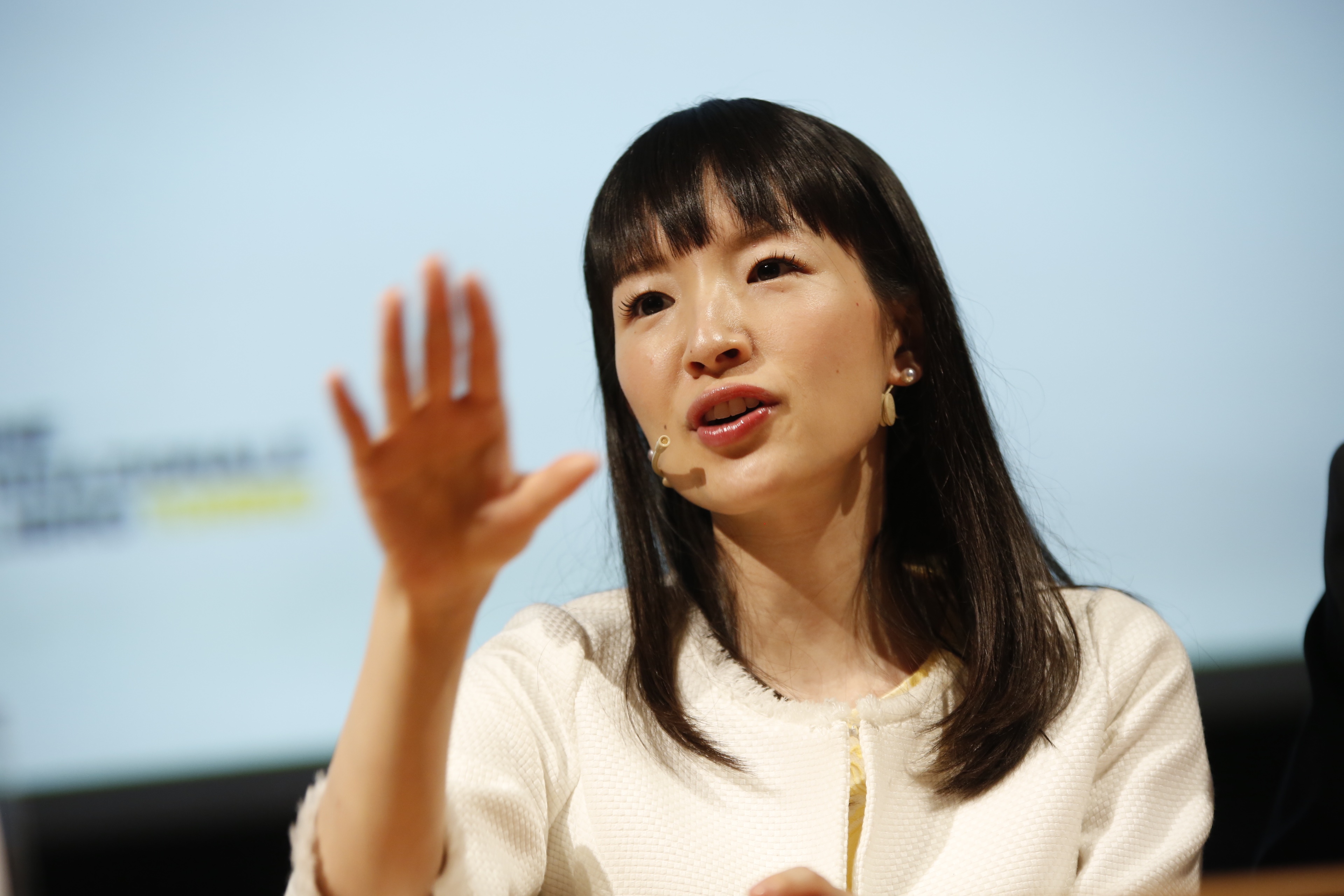Urban-X, the accelerator launched by the venture capital fund Urban US and BMW’s MINI subsidiary to invest in companies that primarily address sustainable and resilient living in the cities of the future, has launched its latest cohort.
This ninth cohort of companies are coming to market at a time when the world’s largest investors are embracing the thesis that Urban-X and its parent firm have espoused for years. Put simply: the climate is changing and there will need to be technological solutions that allow people to adapt to the changing environment.
“It feels good to be a 2014 climatetech investor in 2021,” says Urban US co-founder Stonly Baptiste Blue. “You can get the sense that sustainability and climate change startups have never had better tailwinds than right now.”
Of course, Urban-X is about more than just climate and resiliency, but increasingly those are the startups that are going to be getting funding in the next few years and generating big returns for investors.
“We’re talking about a multi-hundred trillion dollar wave in the climate markets,” said Baptiste-Blue. “There’s a lot of evidence that we’re in the climate decade.”
And as Baptiste Blue thinks about the future, there’s still a lot of opportunity for enterprising entrepreneurs to build large new businesses.
“There are a lot of things that we’re trying to cover that touch on this next wave of climatetech investing from disaster risk to outage intelligence, community building so we have resilience and communication between folks as things get stickier and disasters become more common,” said Baptiste Blue.
Some of the companies that Urban-X worked with on its latest cohort definitely fit that bill. These are businesses like Domatic, which makes a product to centralize AC/DC conversion for solar power; OneRoof which is building a communications platform for resilient platform, and Dorothy, a machine learning platform improving disaster risk.
To date, the accelerator has an IRR of around 29%, according to documents viewed by TechCrunch.
The full list of the companies in the accelerator’s current batch are here:
-
Builders Patch: data platform and marketplace for affordable and multifamily housing
-
Domatic: product that centralizes AC/DC conversion at the source to pave the way for widespread solar-powered future that relies on DC
-
Dorothy: machine learning platform improving disaster risk analysis at the property level
-
OneRoof: a community building and resilience communications platform
-
Oonee: protected bike parking operator and ecommerce platform for micromobility related services
-
Origen Hydrogen: low-cost hardware for green hydrogen production for heavy-duty vehicles, industry, and for long-term back-up power.
-
Singularity: AI- and data-powered carbon intelligence and forecasting platform
-
Urbio: software empowering cities and utilities to plan for and design the energy transition


